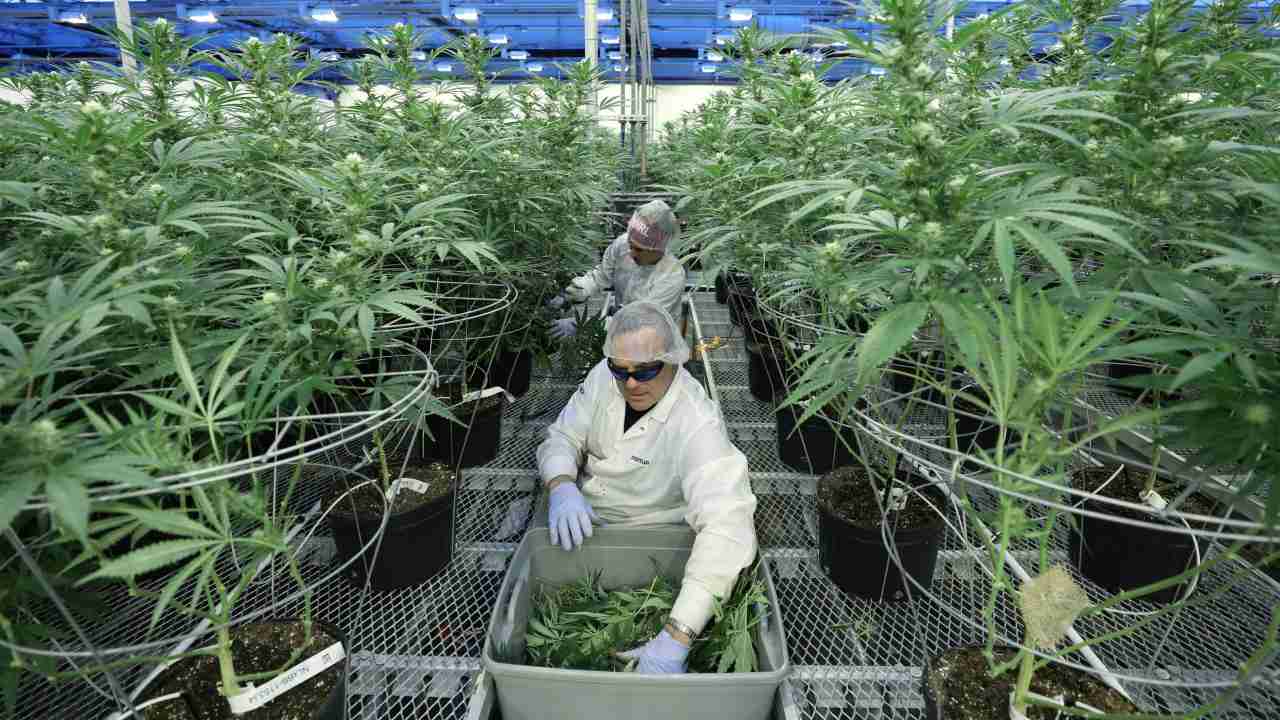The legalisation of cannabis could be linked with an increase in fatal car crashes, a new study has found.
Experts analysed data from the United States that showed a “small but significant” increase in motor collisions and deaths associated with the decriminalisation of marijuana.
The researchers then extrapolated the results to Canada and concluded there could be an additional 308 driving deaths annually in the country.
Co-author of the study, Sarah Windle from Lady Davis Institute/McGill University said: “Analyses of data suggest that legalisation of recreational cannabis in United States jurisdictions may be associated with a small but significant increase in fatal motor vehicle collisions and fatalities, which, if extrapolated to the Canadian context, could result in as many as 308 additional driving fatalities annually.”
In Canada, the number of people reporting cannabis consumption increased from 14 percent in 2018, prior to legalisation, to 17 percent in 2019 after legalisation.
Among cannabis users with a driver’s license, 13 percent reported driving within two hours of cannabis consumption, the research showed.
An analysis of 2012 data estimated the cost of cannabis-related collisions in Canada is $1.1bn, with drivers aged 34 years and younger responsible for the incidents.
The authors of the study have suggested that healthcare authorities need to play a role in educating people about the dangers of using cannabis before getting in a car.
“Health care professionals have an opportunity to educate patients about the safer use of cannabis products, including advising against cannabis use and driving (especially in combination with alcohol), with a suggested wait time of at least 6 hours before driving,” the authors of the study added.


















